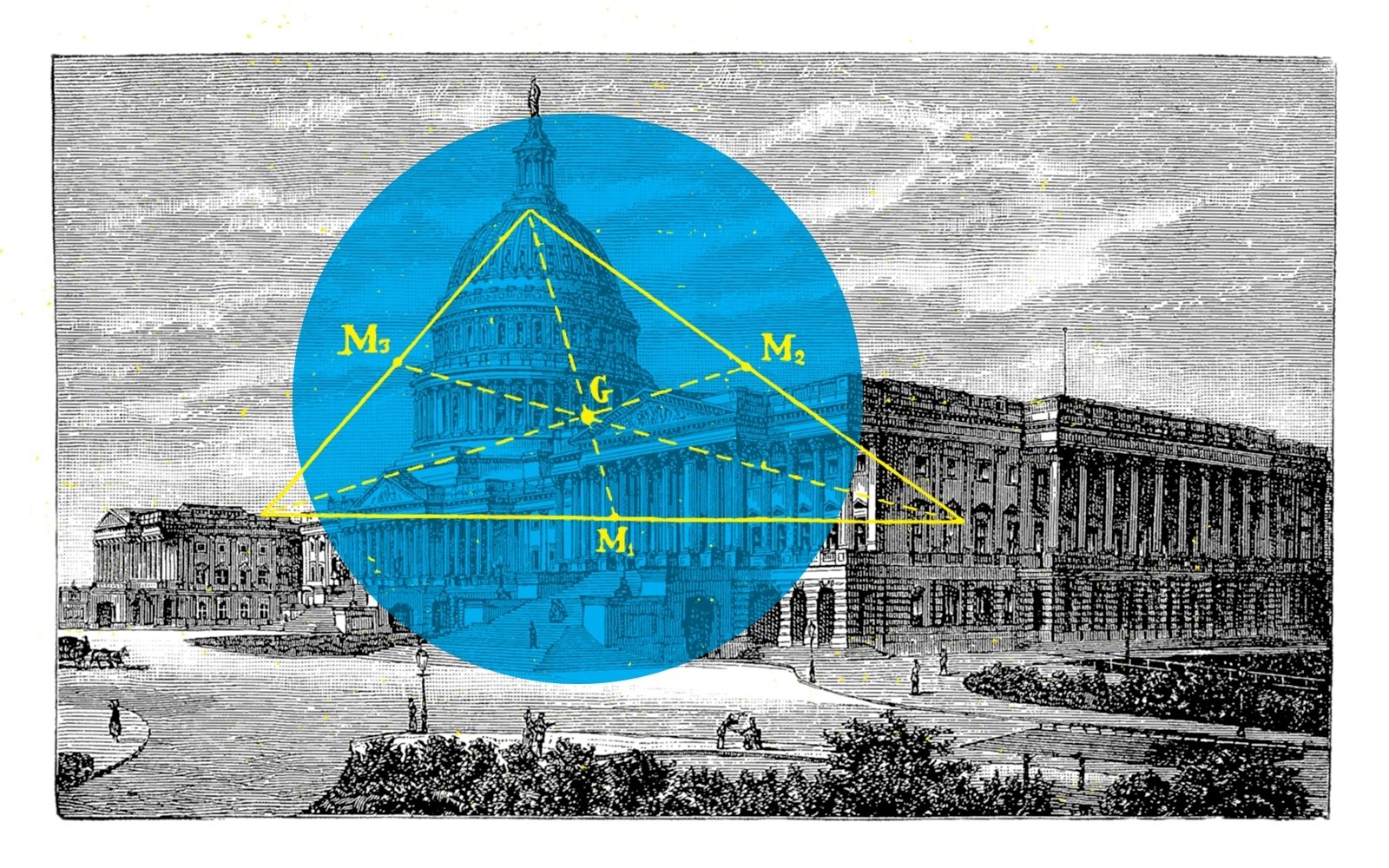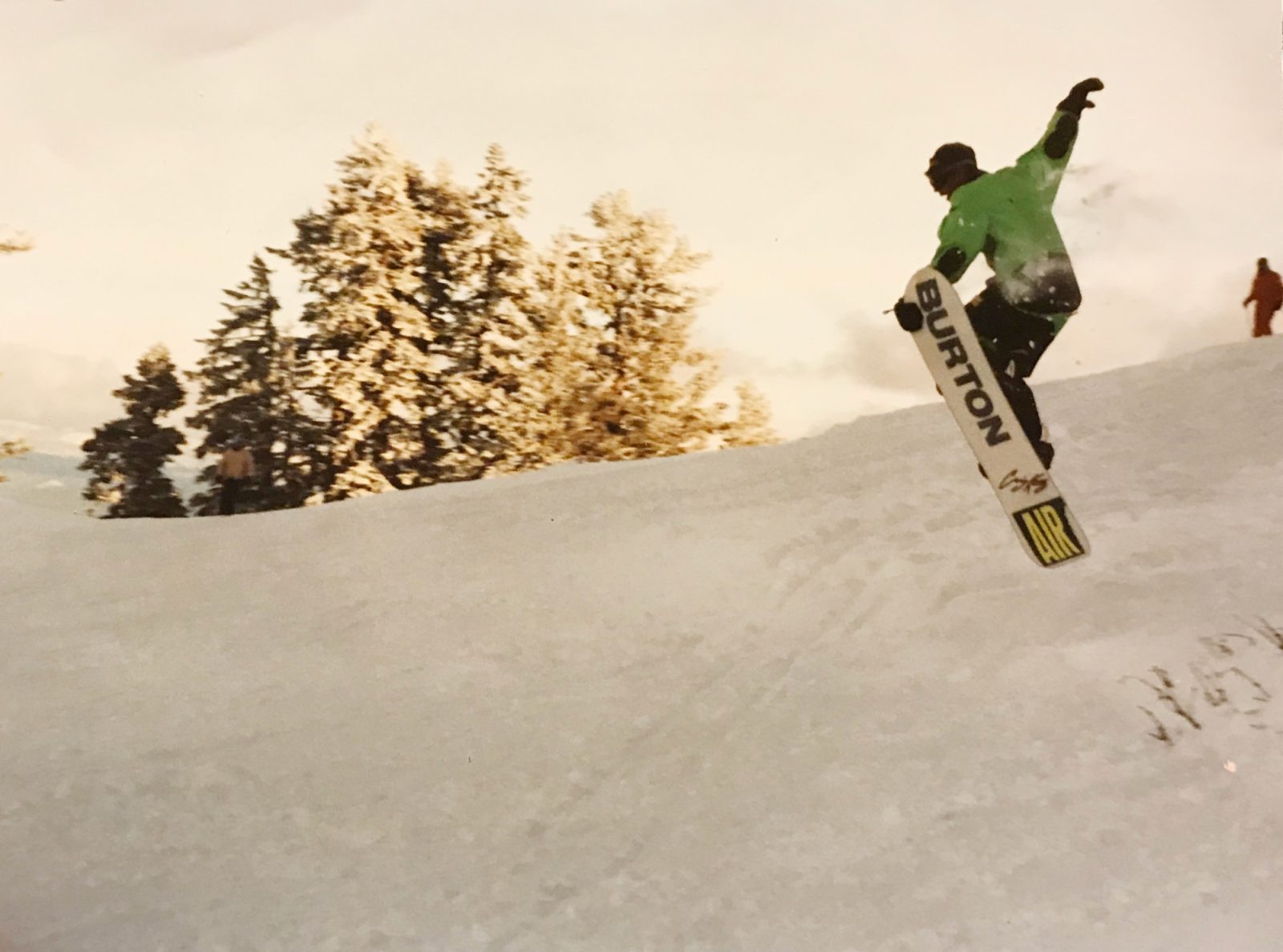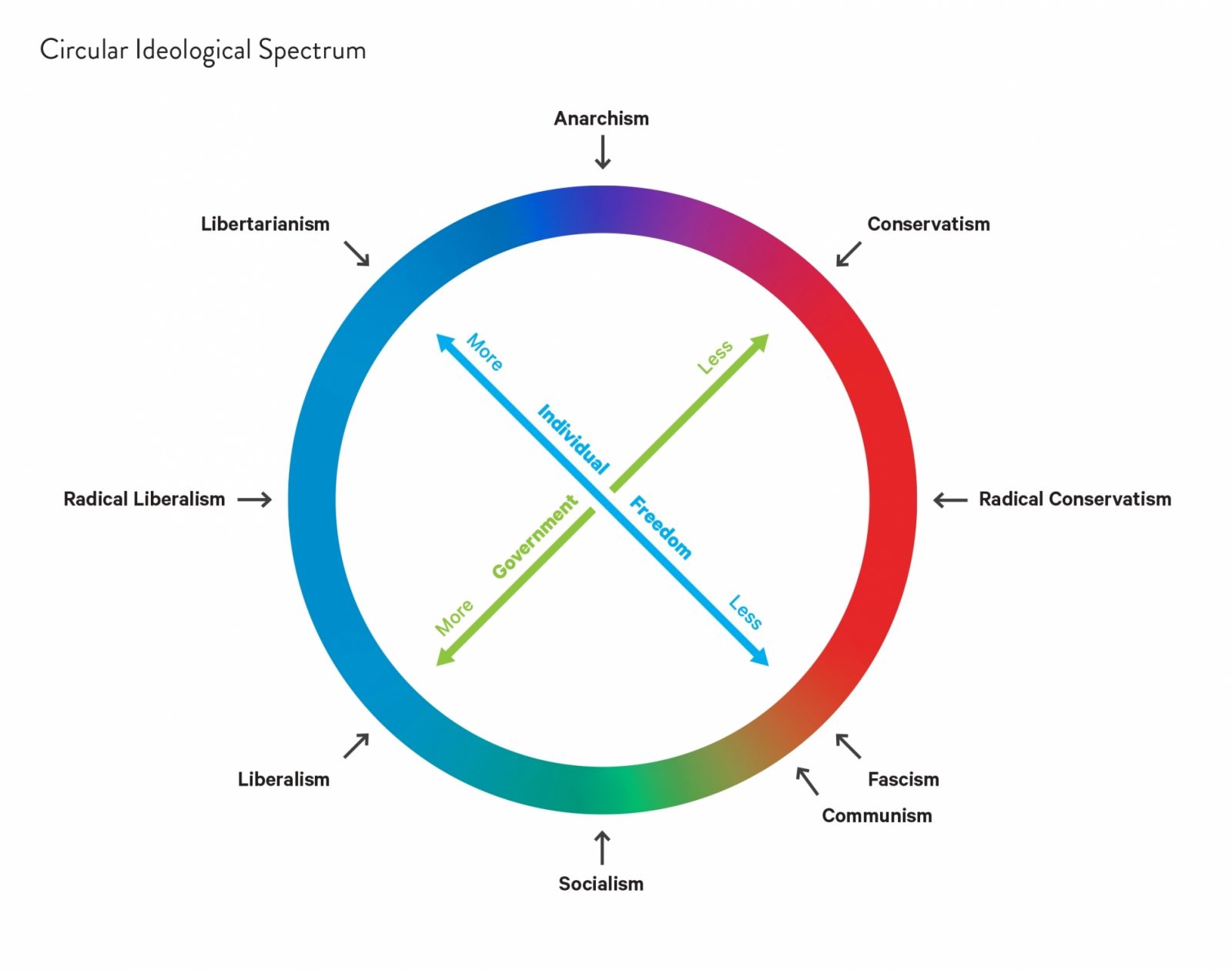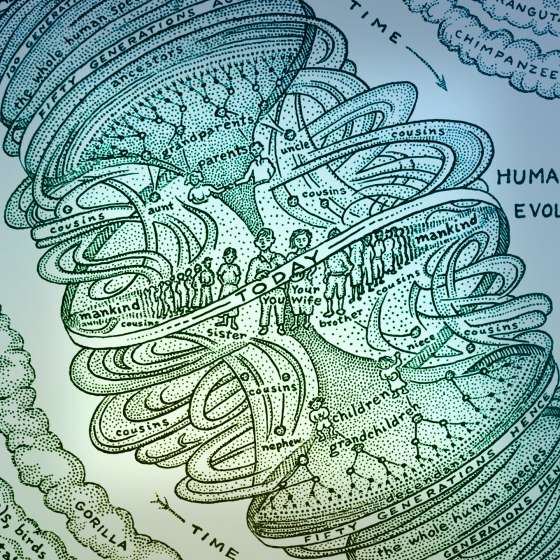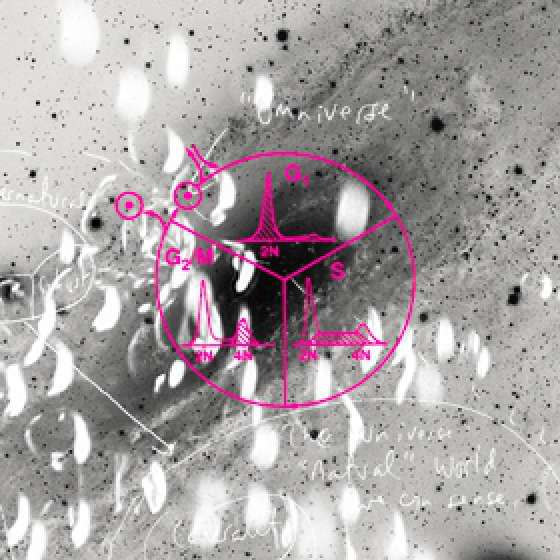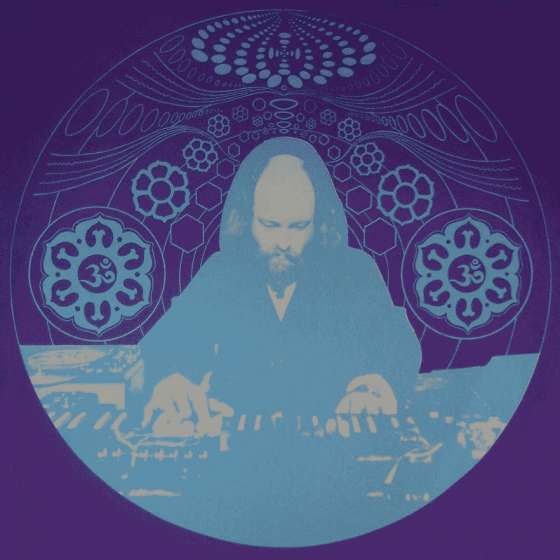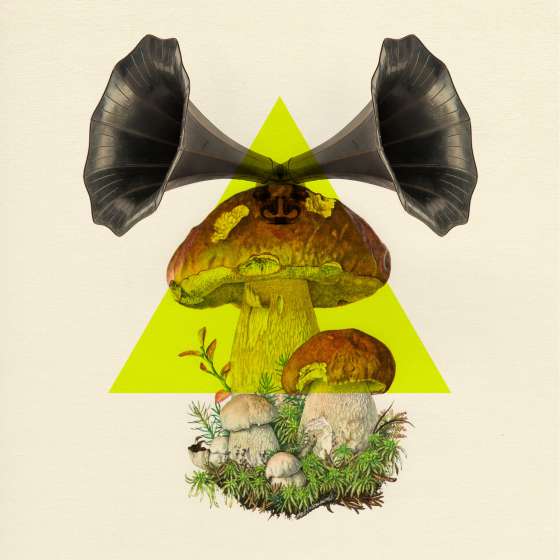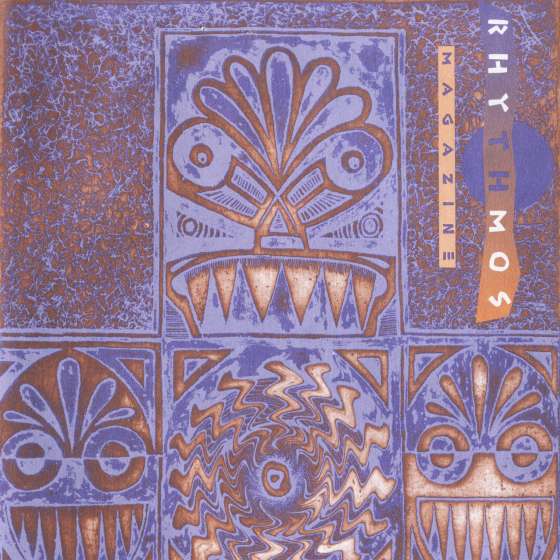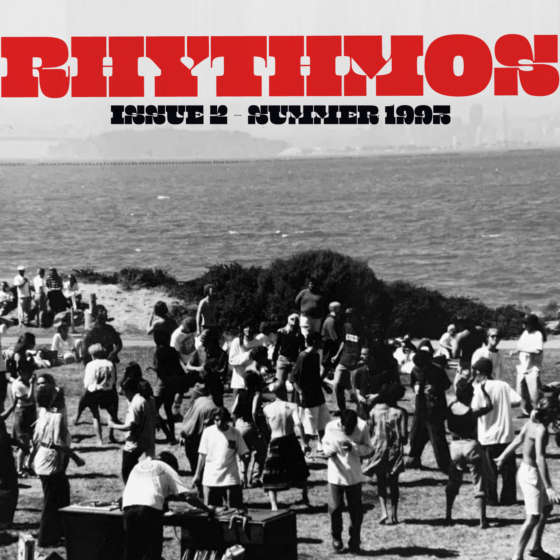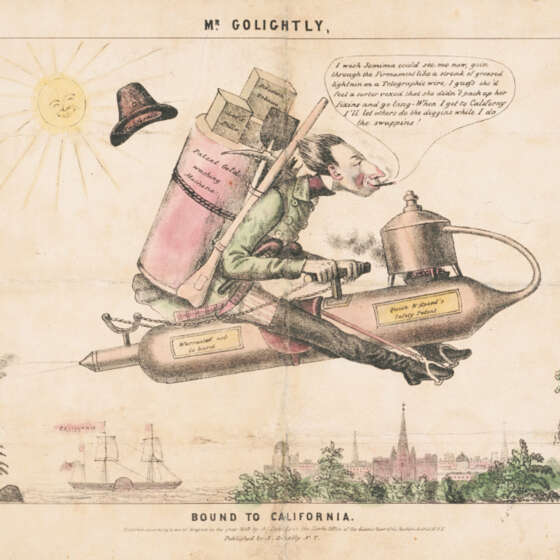Finding Center
I was first introduced to the idea of "being centered” through Aikido when I was 10. My aunt Wendy Palmer was the sensei (teacher) and owner of the dojo (place to practice) — she's a 6th degree blackbelt and a legendary badass in our family lore. In one of my first classes she claimed that, with proper technique, one could walk away unharmed from a 30 foot fall on to cement — my superhero fantasies ran wild. Falling without injury is one of the wonderful practices in Aikido.
As a core practice in Aikido, we were introduced to being centered as a visualization technique — imagine roots extending from your feet and penetrating deep into the floor below. From this place of being deeply “grounded” you find the natural center of balance for each part of the body: head, arms, torso, hips, legs, feet and so on. Once centered, the goal is to retain this balance and grounding as you move through your practice — and through life.
I discovered skateboarding around the same time and quickly became obsessed with all things skateboarding. There was an immediate application of my Aikido skills — both staying on and falling off the skateboard. Skateboarding introduced me to skate parks and ramps, where the ground becomes fluid and unpredictable. Skateboarding led to snowboarding, where movement became much more three dimensional — again stretching the relative awareness of my body in space. It was while snowboarding that I found a visceral feeling of being centered and could feel myself snap in and out of center like a steel ball rolling into a divot.
I’ve long subscribed to the notion that everything in the universe is always in perfect harmony — light and dark, birth and death, good and bad, war and peace, happy and sad. Some argue that this faith in immutable balance is a cop-out — an excuse to accept life as predestined. But I see it more as symbiosis, where one side cannot exist without the other, where harmony is an unwavering force. This belief in inevitable balance sometimes leads to personal anxiety where I might feel a positive life event will eventually be offset by a countering negative one, but being raised Buddhist, I can easily stretch the opposing forces into previous or future lifetimes to quell my fears. While harmony is not synonymous with being centered, I feel the recognition of the extremes as states of a continuum comes from centered perspective.
At this moment in time I feel, as a culture, we’ve lost our connection to a centered mindset. My mom’s uncle, William Proxmire, was the Senator of Wisconsin for 32 years. He was known as a centrist and pragmatist, and largely respected by his constituency — save for some space enthusiasts and science fiction fans, but that’s another story. He was a huge proponent to campaign finance reform and, through his annual Golden Fleece Award, often called politicians out on both sides of the isle for unnecessary government spending. He lived in the center of our country and embodied a centrist philosophy in life.
In 1983, when I was 12 years old, my mom and I went to Washington D.C. to spent the week with “Uncle Willie”. He took us on a D.C. insider tour — though secret underground tunnels and to the top of the Capitol Rotunda under the Statue of Freedom. We walked through the halls of the Senate Chamber and had lunch in the Senate dining room. As we sat, Uncle Willie pointed to a table of men having lunch and said “those are the bad guys”. I remember one of their names — Newt Gingrich. I asked why they were "bad" and he said “they don’t believe in working together, and that’s very dangerous.” This was the first time I felt a sense of ideological discord.
As I grew older I realized I had some ideological discord closer to home between my dad and grandfather. My dad was, and still is, a hippie, through and through. To this day, he lives the hippie ethos of peace and love, with a Buddhist flare of detachment and selflessness. I’d say politically he’s somewhere in the socialist spectrum. His father, on the other hand, was a far-right republican/libertarian who spent his later years writing conspiracy theories about how the liberals and hippies would destroy the world. At first glance one would see these two people on opposite ends of the spectrum. But knowing them both, I realized they were actually more similar than different. I felt that the ideological spectrum was not linear, but probably more circular.
One of the dangers of people with extremist ideologies is that they loose the ability to empathize with other points of view. The views of others become unreasonable, and even unimaginable. A recent study by More in Common, called Hidden Tribes maps how polarized we’ve become as a society. In this study, they identify “The Wings”, two cohorts that represent 14 percent of society and are both the most vocal and most radical — often their beliefs are the polar opposite.
The definition of empathy is “the ability to understand and share the feelings of another”, and it’s something I practice every day for my job as an interaction designer. It’s a moral value we use in our direct relations and workplace. But it seems to be something that’s in short supply in politics and cross-cultural issues, such as immigration.
I return to the thesis of this article, about being centered, as a proposition for improving our current approach to solving political and social problems. Perhaps the greatest barrier to making meaningful changes is our lack of empathy and understanding of others’ values and beliefs. I would argue that, as a society, we’ve been loosing our ability to focus on the center — our middle class, our moderate representation, and our universal values. From my experience with Aikido and snowboarding, power comes from being centered.
In the end, change begins at the individual, and every person is responsible for the trail of influence they leave. We may think we’re rooting for a revolution, but what we may be doing instead is amplifying a polarized society which is increasingly unable to focus on ideas that could unify and strengthen us all. I encourage anyone willing to listen — find the center point in all of the extreme perspectives and spend some time there, then try to empathize with every perspective. From there, you may have some leverage to initiate meaningful change.
Posted
Nov 2, 2018
